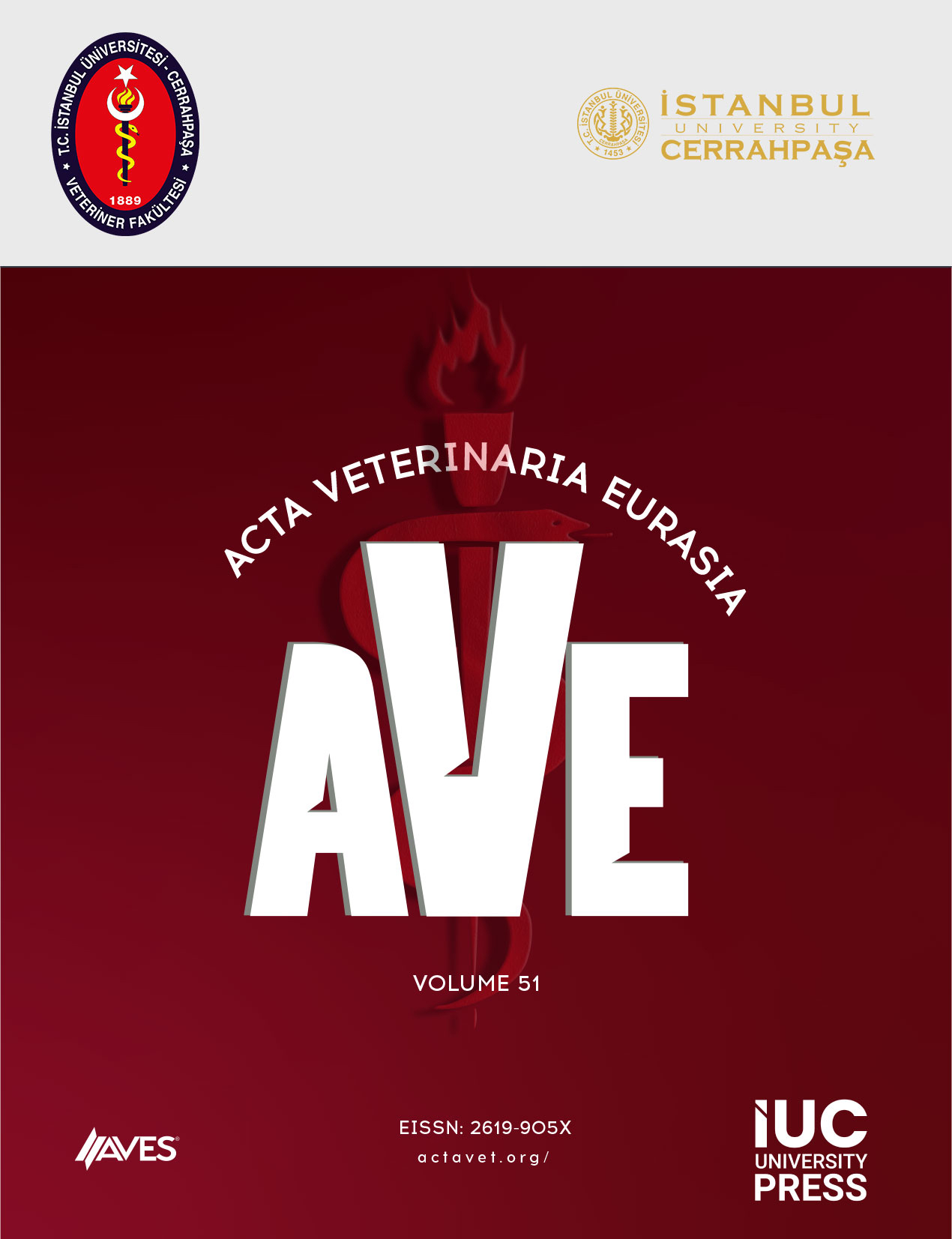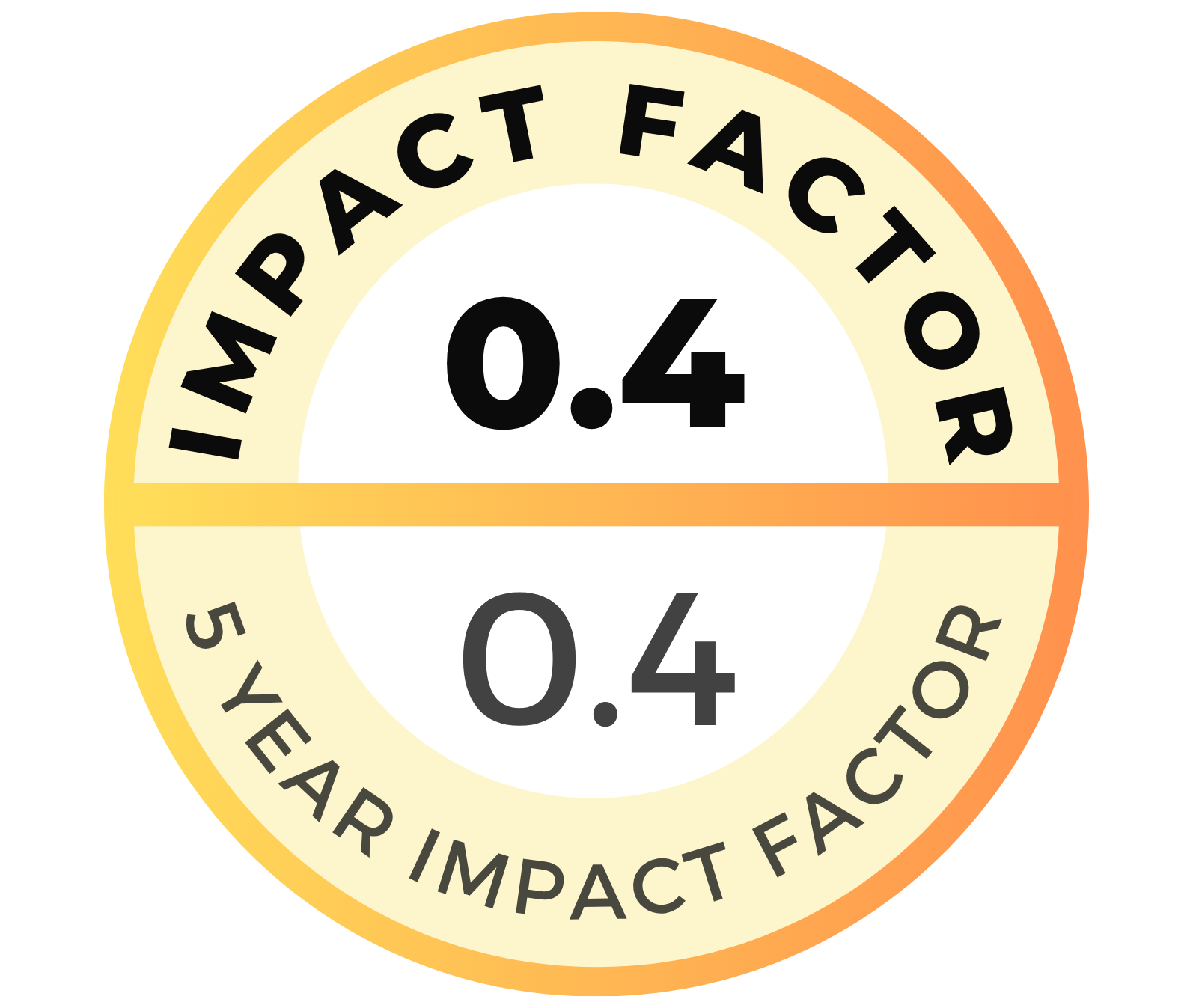The objective of the current study was to investigate the effects of controlled-milking or sucking by a single lamb instead of multiple offspring within the first 24 h after birth, the time period when the secretion of colostrum was the highest, on the metabolic profiles of ewes. A total of 21 ewes that delivered lambs were used. The lambs of seven ewes that delivered single offspring were separated from their mothers right after birth without sucking. These ewes were accounted as Group i in the study. Another group of seven ewes that also delivered single lambs were allowed to stay with their offspring with sucking colostrum adlibitum. This group of ewes was the Group II in the study. Group III was composed of ewes that delivered twins or triplets but allowed to stay with only one offspring with adlibitum sucking of colostrum. Blood samples were collected from all animals in all groups at immediately after birth (0 h), and 6, 18, and 24 h following birth. The samples were analyzed for concentrations of total protein, albumin, urea, glucose, total lipids, and cholesterol. Plasma globulin concentrations and albumin/globulin ratio (A/G) in the samples were determined by calculation. Results indicated that plasma protein and globulin concentrations at 18 h and total lipids and cholesterol concentrations at 6 h were significantly (p<0.05) higher in the Group III ewes compared to ewes in Group I. No significant difference was found between metabolic profiles of Groups I and II. Therefore, it can be concluded that controlled milking or adlibitum sucking may not cause any differences in metabolic profiles of ewes that delivered single lamb where as noticeable changes occur in energy metabolism and immune status of ewes that delivered multiple offspring, even if they are sucked by only one.





.png)